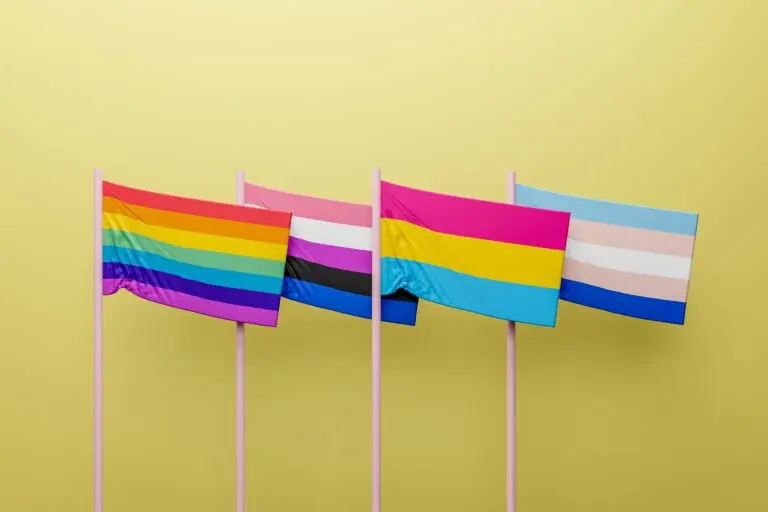Discrimination and harassment against LGBTQ+ employees remain serious workplace issues despite significant legal protections. Whether you work in the private sector or for a federal agency, you have the right to be treated fairly, free from bias based on sexual orientation, gender identity, or gender expression. Understanding how these protections apply and how to prove harassment when it occurs is key to protecting yourself and your career.
What Qualifies as LGBTQ+ Harassment?
Harassment happens when unwelcome conduct based on sexual orientation, gender identity, or gender expression creates a hostile or intimidating work environment. It can come from supervisors, coworkers, or even clients. Common examples include:
- Slurs, jokes, or offensive comments about someone’s identity or pronouns
- Repeated misgendering after correction
- Exclusion from meetings or opportunities because of identity
- Invasive questions about gender transition or personal relationships
- Retaliation after reporting discrimination or supporting LGBTQ+ colleagues
Even if comments are framed as “jokes,” they can still contribute to a hostile environment. The key factor is whether the conduct is severe or pervasive enough to alter your working conditions.
Legal Protections for LGBTQ+ Employees
Private Sector Employees
Under federal law, Title VII of the Civil Rights Act of 1964 prohibits employment discrimination “because of sex.” In 2020, the Supreme Court’s decision in Bostock v. Clayton County confirmed that this protection extends to sexual orientation and gender identity. That means employers cannot lawfully discriminate against LGBTQ+ employees in hiring, firing, promotion, or any other term of employment.
Many states and localities also have their own anti-discrimination laws that provide additional protections. If you experience harassment, you may file a complaint with the Equal Employment Opportunity Commission (EEOC) or your state’s fair employment agency.
Federal Employees
Federal workers are also protected under Title VII, but the process differs slightly. Complaints must be filed through the agency’s Equal Employment Opportunity (EEO) office, typically within 45 days of the incident. Agencies such as the Office of Special Counsel (OSC) and the Merit Systems Protection Board (MSPB) also address certain federal workplace claims.
How to Prove LGBTQ+ Harassment
Harassment cases often rely on evidence showing a pattern of discriminatory behavior. You can strengthen your case by documenting:
- Dates, times, and details of offensive incidents
- Names of those involved and any witnesses
- Emails, texts, or chat messages that show discriminatory remarks or retaliation
- Changes in assignments, evaluations, or promotions following disclosure of identity or complaint filing
Keep this information private and organized. Reporting through internal channels, such as HR or an EEO counselor, can help establish a timeline and show that you sought help.
Retaliation and Your Right to Report
It’s illegal for an employer to punish you for reporting discrimination or supporting someone else’s claim. Retaliation can take many forms, including:
- Demotion, reassignment, or reduced hours
- Unjustified discipline or negative reviews
- Exclusion from meetings or opportunities
- Hostile treatment after you report misconduct
If you believe you’ve faced retaliation, you can include those details in your EEOC or EEO complaint.
When to Contact an Employment Attorney
Because harassment and retaliation claims involve strict deadlines and legal standards, getting legal advice early can make a difference. An attorney can assess your situation, guide you through internal reporting procedures, and help you file a formal complaint or lawsuit if needed.
Protecting Your Rights with Solomon Law Firm, PLLC
At Solomon Law Firm, PLLC, we advocate for employees who have experienced discrimination or harassment, including members of the LGBTQ+ community. Our team helps clients in both private and federal workplaces understand their rights and take action against unlawful treatment.
If you’ve been subjected to harassment or retaliation, don’t face it alone. Contact Solomon Law Firm, PLLC today to discuss your case and protect your future at work.
FAQs About LGBTQ+ Harassment in the Workplace
What should I do if I experience LGBTQ+ harassment at work?
Document every incident in detail, including dates, names, and witnesses, and report the behavior through your company’s HR or EEO office. You may also consult an employment attorney to ensure your rights are fully protected and that you meet all filing deadlines.
Are LGBTQ+ employees protected under federal law?
Yes. Under Bostock v. Clayton County (2020), Title VII of the Civil Rights Act protects employees from discrimination based on sexual orientation and gender identity in both private and federal workplaces.
How long do I have to file a workplace harassment complaint?
Private-sector employees generally have 180 to 300 days to file with the EEOC, depending on state laws. Federal employees must contact an EEO counselor within 45 days of the incident. Speaking with an attorney can help you meet these strict timelines.


